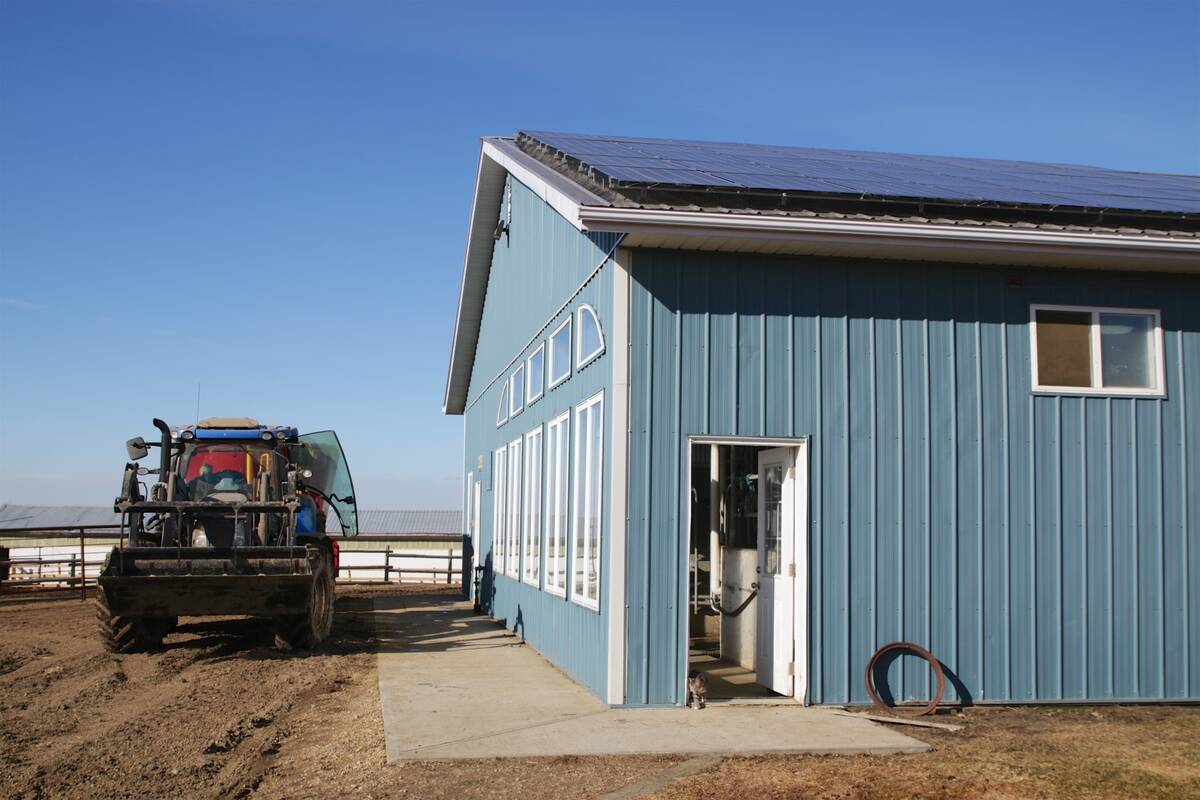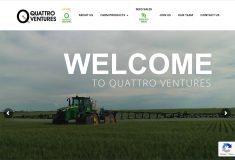We discussed farming structures in a previous article and will now talk about joint ventures and farm trusts.
These structures should be considered to help address some challenges you may have with the growing generations and farm succession.
A joint venture is a business arrangement where two or more parties work together to undertake a project while making a profit for all parties involved.
Read Also

Vintage power on display at Saskatchewan tractor pull
At the Ag in Motion farm show held earlier this year near Langham, Sask., a vintage tractor pull event drew pretty significant crowds of show goers, who were mostly farmers.
Unlike a partnership, a joint venture allows all the parties to continue to file their own corporate tax return. The parties will contribute their assets, including but not limited to land, machinery and equipment, and capital.
Typically, if all parties put in an equal amount of time and manpower into the operation, the investments contributed from each party will determine the percentage split for net income.
It is essential to have a proper, detailed joint venture agreement in place to reduce any misunderstandings.
Some advantages of joint ventures include:
- Flexibility on the structure allows parties to join for short-term projects or longer collaborations.
- Smaller farmers and/or the next generation starting independently can group their resources to access better equipment and land.
- Sharing the profits and losses can reduce risks for individual farmers.
There may also be some challenges with joint ventures to be aware of, including:
- Different management styles could lead to conflict if they do not work well together.
- When exiting a joint venture, issues may arise regarding reallocating assets and other resources.
- Joint ventures are more complex than partnerships, and if the rules are not followed appropriately, the Canada Revenue Agency may interpret the joint venture as a partnership, resulting in potentially negative tax implications.
A farming trust is a legal structure where trustees hold and manage farm assets on behalf of beneficiaries, often for succession planning or tax purposes.
It would be used in family farming operations to ensure continuity across generations while protecting the farm’s assets.
A trust also provides a structure in which a trustee manages the farm assets and allocates the farm income to the beneficiaries on an annual basis.
Some advantages of farming trusts are:
Trusts help to facilitate transfers to the next generation and can be an especially effective tool when the beneficiaries are non-active farming children and grandchildren.
Trusts may allow assets to have a shield of protection when it comes to creditors, lawsuits or other disputes in the family.
Income splitting provides the beneficiary a chance to share income that would have been taxed at a higher rate.
Some challenges that coincide with trusts are:
Careful planning must be considered and will require ongoing compliance with trust law and legal advice. Trusts have a 21-year timeline that must be considered.
Trusts often contain annual costs such as administration as well as financial and tax reporting each year.
The decision-making could be limited for some members of the family due to the fact that the trustee controls the assets.
Many families choose trusts to maintain farm ownership within the family, ensure fair treatment of children and preserve the farm’s operational integrity.
The decision between a joint venture and a farming trust depends on the farming operation’s goals, scale and dynamics.
Joint ventures are ideal for short-term collaborations or when combining different skill sets for mutual benefit.
On the other hand, they are more suited to long-term family farms looking to manage succession, protect assets and optimize tax outcomes.
In some cases, farms may benefit from using both structures simultaneously: the farm trust for ownership and management and the joint venture for operations.
Understanding the nuances of these farm structures can help farmers make informed decisions that align with their business goals and family legacy.
Consult with a trusted professional when considering what is right for you to optimize your tax strategies.
Colin Miller is a chartered accountant and partner with KPMG’s tax practice in Lethbridge. Contact: colinmiller@kpmg.ca. He would like to thank Karrie Geremia and Tyler Larson of KPMG for their assistance with writing this article.

















